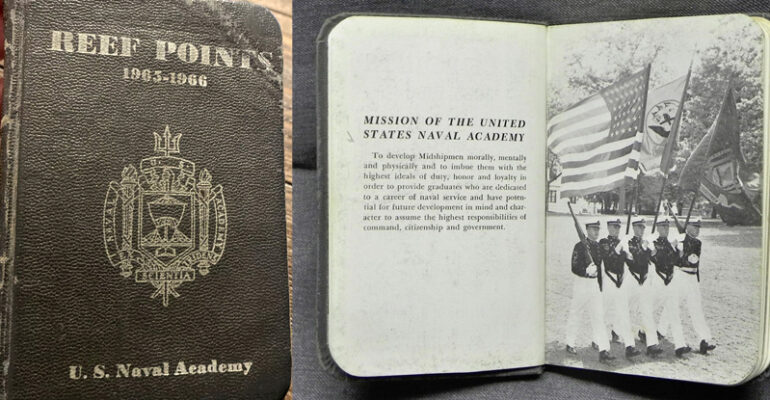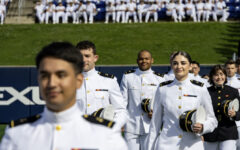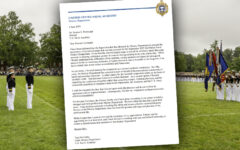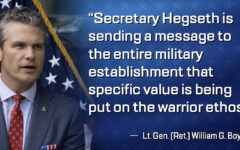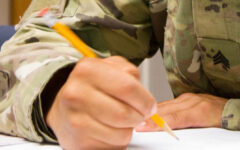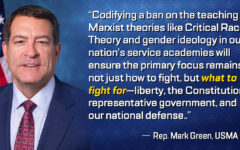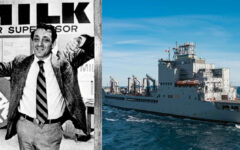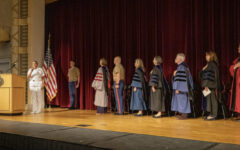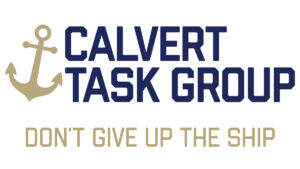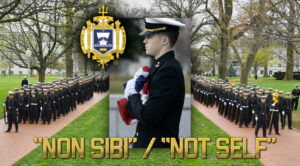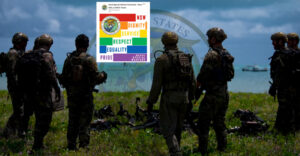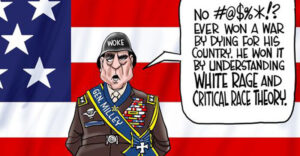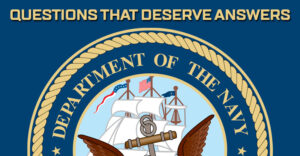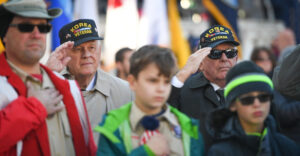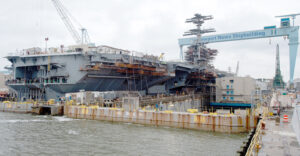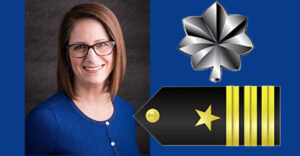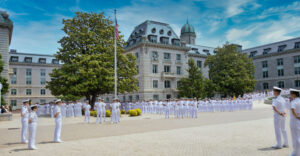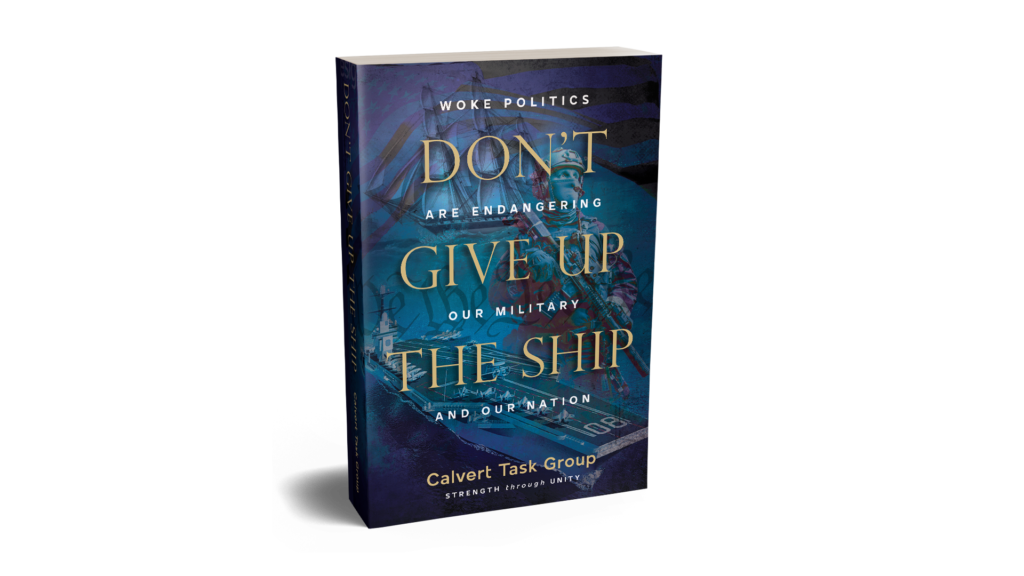Reef Points
5 July 2021 2024-05-18 21:21Reef Points
By Capt Jim Tulley, US Navy ret, USNA ’69
On 30 June 1965, approximately 1300 young men were inducted into the United States Naval Academy class of 1969. We came from all over the country, some with a year or two of college experience, but most right out of high school. Some were the sons Academy graduates, more from career Navy families, many the sons of Navy veterans, and some came directly from the fleet. Although I don’t recall any such discussion at the time, most of us were probably the sons of World War II Veterans. Most had been VIPs in a different world, but now we were all Plebes!
We came with a notion of serving our country. The words were on our lips, but at that tender age, it is hard to imagine that we really understood their implication. The Vietnam war had just begun, and it was a time when the faces of graduates who had been killed or were missing in action were on display in the rotunda of Bancroft Hall for all to see. It was a sobering display of what might lie ahead for some of us.
On that life-changing day, each of us received a small book called Reef Points. It was sufficiently small to be carried in a pocket and we were expected to have it with us at all times. It included the Naval Academy Mission, messages from the Superintendent and the Commandant and pictures of then-modern Navy ships and aircraft. It contained important facts about the campus, called The Yard, and wealth of nautical tidbits we were expected to memorize and recite to upper classmen at a moment’s notice.
Reef Points contained a history of the Academy and quotations from legendary Naval heroes. For most of us, it was our first exposure to the long history and rich traditions of the United States Navy. It was a form of naval indoctrination, but it made us who we are. Fifty-six years later, I still have my copy, including little red stars beside all the sections I was expected to know by heart.
Perhaps most important, this little book contained the Code of Conduct, six short paragraphs that described our responsibility in time of war. The Code begins with
“ I am an American fighting man. I serve in the forces which guard our country and our way of life. I am prepared to give my life in their defense.”
It ends with,
“I will never [emphasis added] forget that I am an American fighting man, responsible for my actions, and dedicated to the principles that made my country free. I will trust in my God and the United States of America.”
On 4 June 1969, 879 of us graduated and went off to pursue our selected warfare specialties. We were to be designated combat leaders, which in most cases would mean additional training in specific warfighting skills. We were off to a good start and eager to pursue our goals, always mindful that we had signed up to put our lives on the line in defense of freedom and the U.S. Constitution.
Fast forward fifty-two years and who of us would have thought that we would be in the midst of a new kind of warfare.
Who of us could have envisioned the omnipresent dangers inherent in the viruses of Critical Race Theory, Black Lives Matter, and allegations of white supremacy, that are infecting our culture.
Who of us could have envisioned these cancers metastasizing into our nation, our Navy, and the United States Naval Academy.
Who of us could have envisioned such a threat to the survival of our nation as we know it.
Instead of the kind of warfare we were trained for so long ago, we are now faced with a warfare of words. It is a warfare for the very soul of the next generation of Americans and we must recognize that our responsibilities did not end when we hung up our uniforms.
So where do we go from here?
Simple, we gather the moral courage to confront this new danger to America and challenge it head on. We may not be dealing with guns, bombs, and missiles, but we must still use all the smart warfighting skills from our first career as well as new skills obtained since, to fight this national plague.
We are still American fighting men, responsible for our actions and still dedicated to the same principles. We are still American fighting men, and we continue to serve in the forces which guard our country and our way of life.
Non Sibi (not self) is our class motto and in the highest traditions of the Navy, “Don’t give up the ship” is our guide.
About the Author:
Capt. Jim Tulley is a Naval Academy graduate, former Navy pilot, Naval Engineer and Mayor. He is working with a group of concerned individuals to change the focus of our military and specifically our Service Academies.

